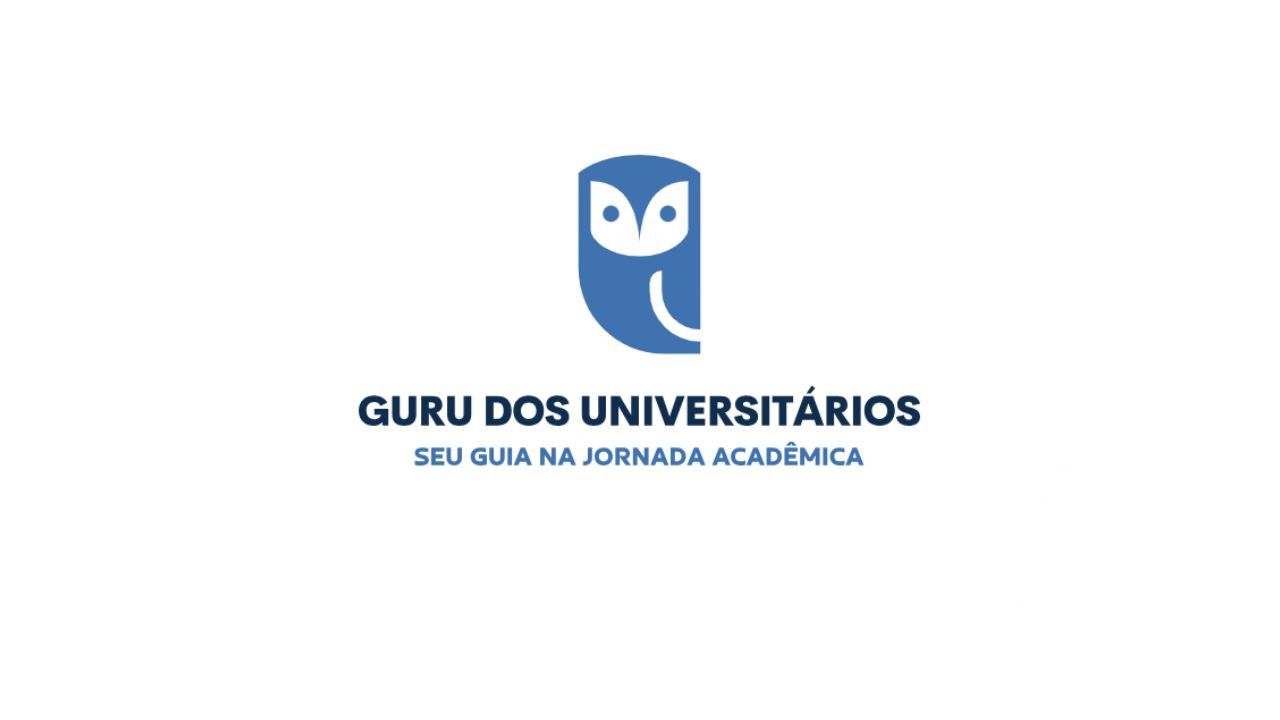Understanding the Brazilian Education System: A Guide for International Students
Introduction to the Brazilian Education System
Brazil, known for its vibrant culture and stunning landscapes, is also home to a diverse and dynamic education system. As an international student considering studying in Brazil, it's essential to understand how this system works to make informed decisions about your academic journey. This guide will provide you with an overview of the Brazilian education structure, from primary education to higher education institutions.

Primary and Secondary Education
The Brazilian education system is divided into several stages, starting with primary education, which is mandatory for children from ages 6 to 14. This stage is followed by secondary education, catering to students aged 15 to 17. Both primary and secondary education are free at public schools, making education accessible to all segments of society.
Secondary education concludes with the “Ensino Médio,” which is a critical phase for students as they prepare for higher education. During this time, students can choose to focus on a general education or opt for technical and vocational training, depending on their career interests.
Curriculum and Language
The curriculum in Brazilian schools is quite comprehensive, covering subjects such as mathematics, science, history, geography, and languages. While Portuguese is the primary language of instruction, many international schools offer curricula in English or other languages, providing flexibility for international students. It's important to note that a basic understanding of Portuguese can significantly enhance your educational experience and integration into Brazilian society.

Higher Education in Brazil
Brazil boasts a wide range of higher education institutions, including public universities, private universities, and technical schools. Public universities are highly regarded for their quality of education and research opportunities. Admission to these institutions is competitive and typically requires passing the national entrance exam known as the Exame Nacional do Ensino Médio (ENEM).
Private universities offer an alternative path, often with a more flexible admission process. These institutions provide a diverse array of programs and are known for their innovative approaches to education. Tuition fees at private universities can vary significantly, so it's crucial to research thoroughly before making a decision.

Popular Fields of Study
Brazil is renowned for its strong programs in areas such as agriculture, engineering, medicine, and environmental sciences. The country’s unique biodiversity and natural resources provide exceptional opportunities for research and hands-on learning in these fields. Additionally, Brazil's cultural richness offers avenues for studies in humanities and social sciences.
Student Life and Cultural Experience
Studying in Brazil offers more than just academic growth; it's an opportunity to immerse yourself in a vibrant culture. From lively festivals to delicious cuisine, Brazil's cultural scene is a treasure trove waiting to be explored. Universities often have student organizations and clubs that help international students engage with local communities and make lasting friendships.
Moreover, Brazil's diverse landscapes offer countless opportunities for travel and exploration during semester breaks. Whether it's the stunning beaches of Rio de Janeiro or the lush Amazon rainforest, there’s no shortage of adventures for students seeking both education and excitement.

Conclusion
The Brazilian education system presents a wealth of opportunities for international students looking to broaden their horizons academically and culturally. By understanding the structure and nuances of this system, you can better prepare for a successful academic journey in one of South America's most dynamic countries.
Whether you're drawn by the allure of Brazil's academic prowess or its cultural richness, studying here promises an enriching experience that extends beyond the classroom.
